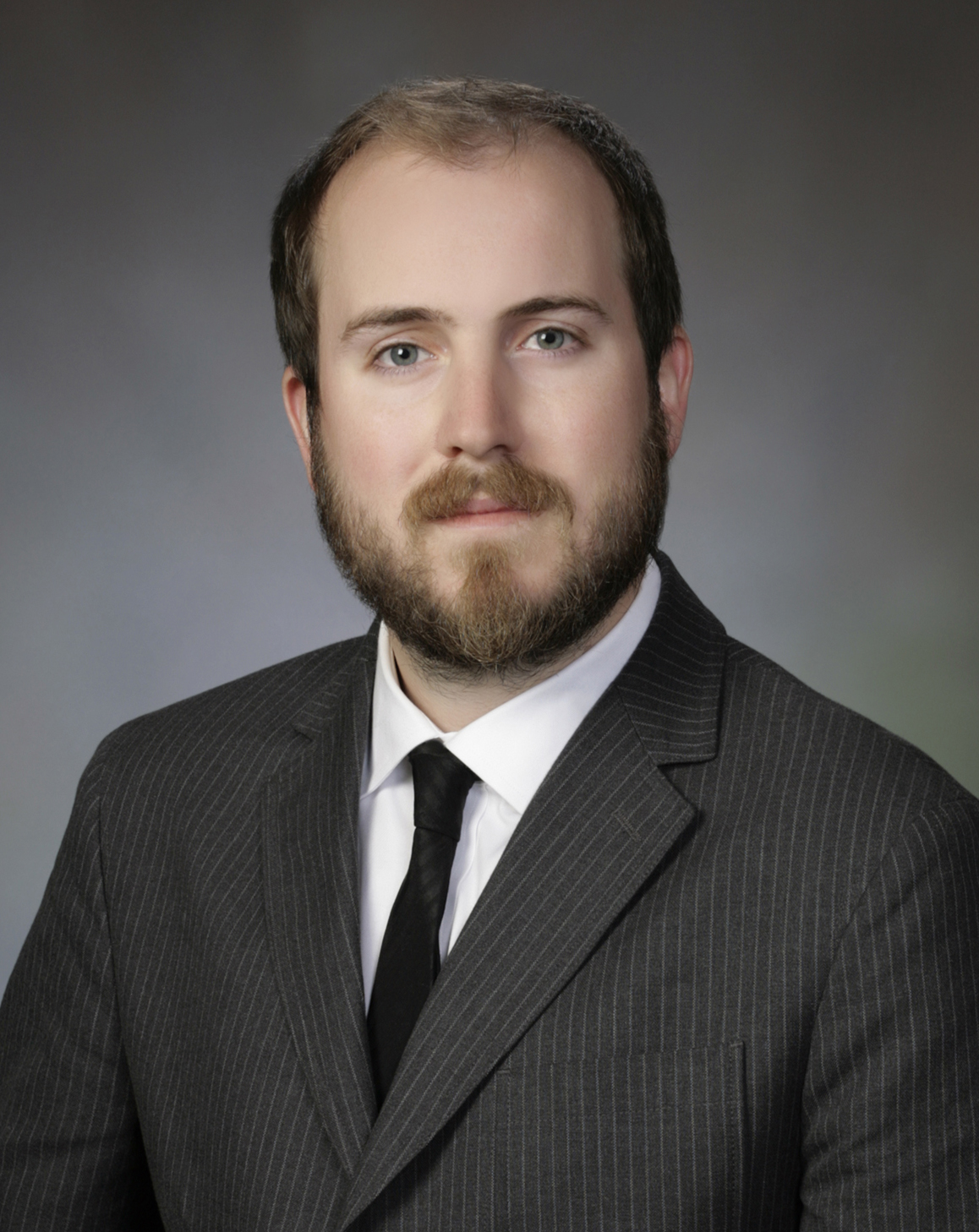Doug Holmes earns outstanding educator award

Douglas P. Holmes, assistant professor of engineering science and mechanics in the College of Engineering at Virginia Tech, is the 2013 recipient of the Ferdinand P. Beer and E. Russell Johnston Jr., Outstanding New Mechanics Educator Award.
"Dr. Holmes has sought an interdisciplinary academic background from the outset of his scientific career. His fundamental understanding stretches across chemistry, polymer engineering, solid mechanics, polymer physics, fluid mechanics, and bioengineering, allowing his work to have a broad and significant impact. Such an interdisciplinary approach to mechanics, engineering, and applied physics is crucial for developing fundamental insights, which leads to his creativity and outstanding pedagogy in mechanics," wrote Ishwar Puri, professor and head of the engineering science and mechanics department, in his nomination letter.
Holmes is committed to education beyond the traditional engineering classroom. In 2012 he founded the Journal of Engineering Science and Mechanics, an undergraduate research journal aimed at highlighting the students' mechanics research.
In the past two years at Virginia Tech, he has mentored nearly a dozen undergraduate students on independent research topics, including: the mechanical stability of Slinkys; dynamics of snapping shells; fabrication of hyperbolic plates and shells; and swelling-induced deformations of soft gels.
He has also mentored several undergraduate students on two senior design projects. Each project has led to a manuscript in preparation for peer-reviewed publication. Holmes has extended his teaching to the supervision of three local high school students on part of their science fair project.
Overall, during the past five years, he has mentored 22 undergraduate students and six high-school teachers as part of various research projects, with five of those students coming from underrepresented groups in science and engineering. These projects have led directly to three peer reviewed publications, including a paper in the Proceedings of the National Academy of Sciences and two papers in Soft Matter.
In addition there are six more publications in preparation, three patent disclosures, and an oral presentation at a national conference by an undergraduate student (at the APS Division of Fluid Dynamics Meeting, 2010).
He is also mentoring two graduate students whose work has been presented at three conferences, and is preparing five other manuscripts with them. To foster scientific dialog between his undergraduate and graduate research students, he has started a research blog.
"I believe a research university enables the unique opportunity of educating future scientists through active participation in scientific research. Undergraduate research programs will inspire the next generation of scientists, just as my experience as an undergraduate researcher sparked my desire for a scientific career. As an educator, I have mentored many undergraduate students and witnessed the ways in which a well-designed project can provide invaluable experience to the students while delivering important results to the scientific community," Holmes said.
Holmes came to Virginia Tech from Princeton University where he worked as a postdoctoral research associate in the complex fluids group. At Princeton, his research spanned the disciplines of elasticity, fluid mechanics, and biomechanics.
His research probes the mechanics of cell membranes and the deformations of soft mechanical structures. Nature Materials has highlighted his research, and this publicity led to his international recognition at the WE-Heraeus Seminar in Bad Honnef, Germany.
Holmes received his master's degree and Ph.D. in polymer science and engineering from the University of Massachusetts. He earned a bachelor's degree in chemistry from the University of New Hampshire.
The Beer-Johnston award is given annually to no more than two individuals who have shown a strong commitment to mechanics education. The winners are selected on the basis of their exceptional contributions to mechanics education. Individuals who have no more than five years of academic experience past their first regular academic appointment are eligible.
The award will be presented at the Mechanics Division Banquet of the American Society for Engineering Education Annual Conference.




